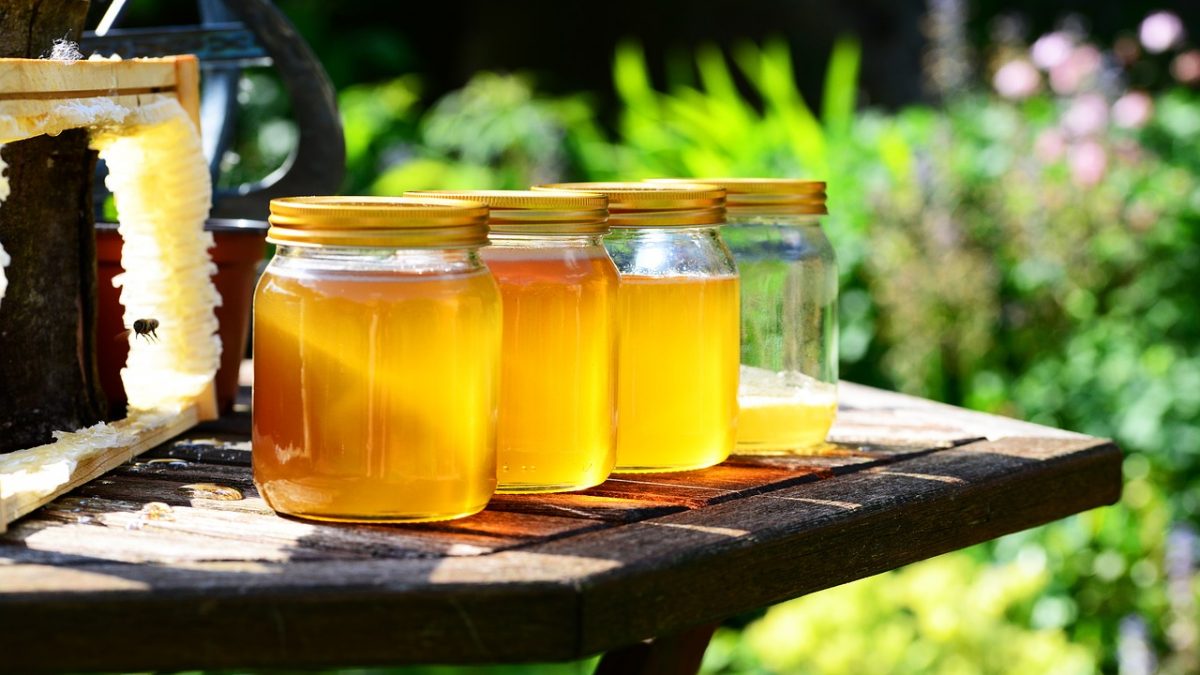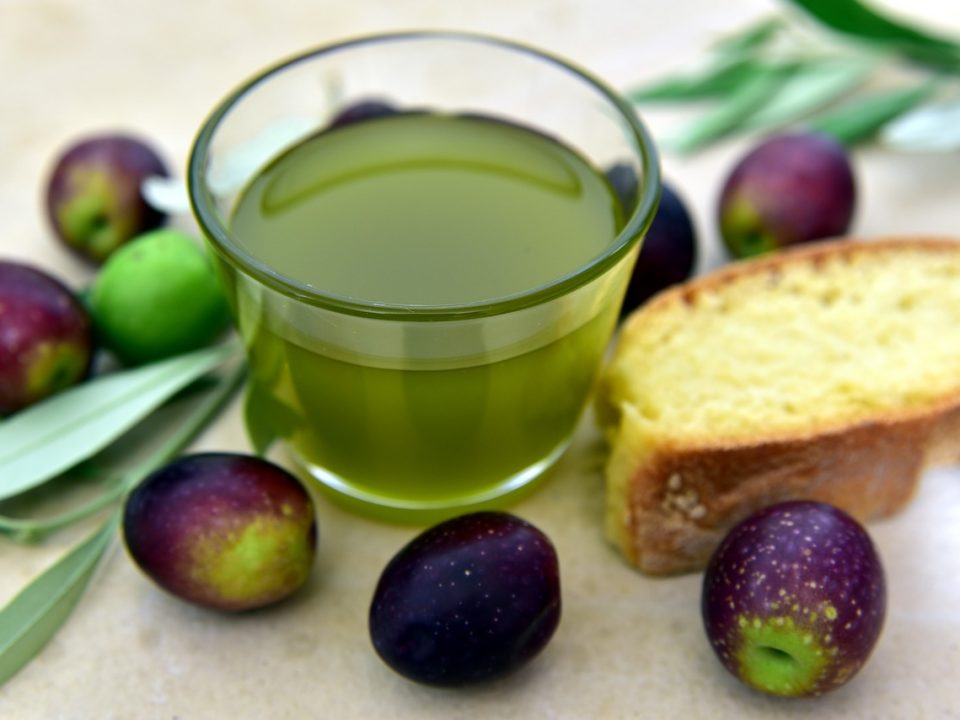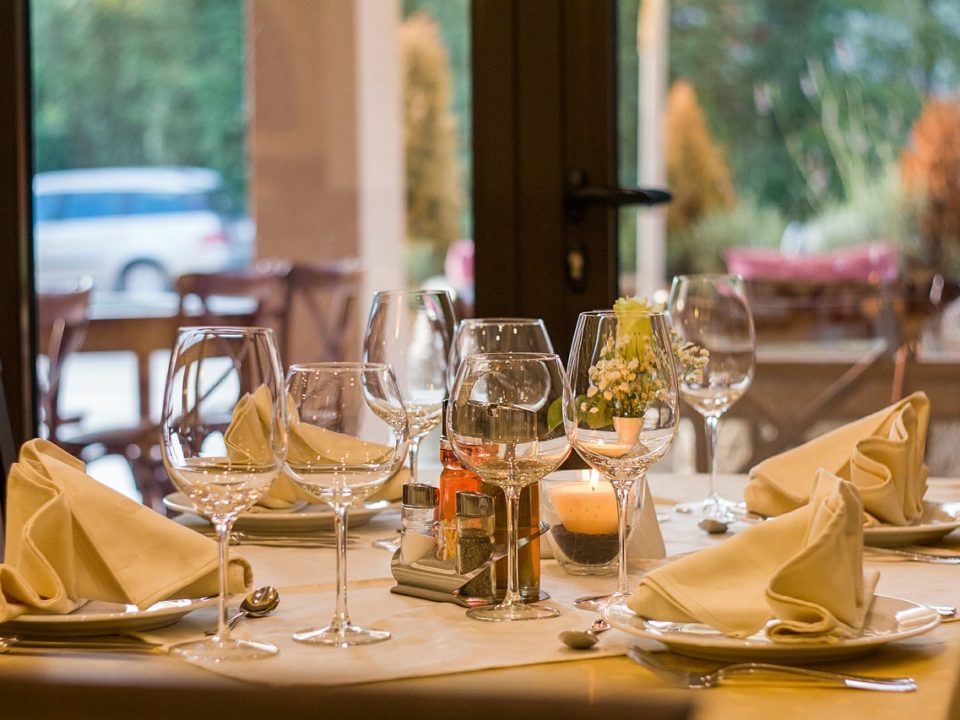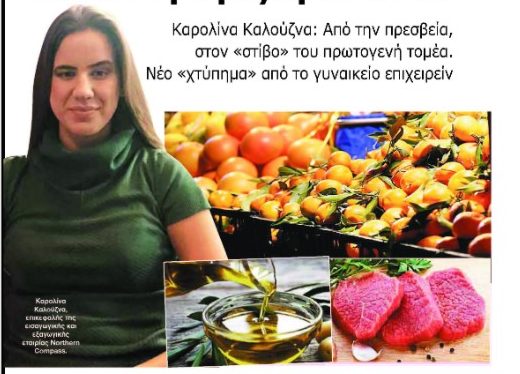Beekeeper Explains Why Greek Honey Is the Best in the World

The Greek Organic Olive Oil Producer Who Won 203 International Awards
December 28, 2020
Greek lamb Kleftiko recipe
December 28, 2020For thousands of years, honey has been collected for its delicious, sweet taste, healing and nutritious properties, and ritualistic use in many cultures.
Humans foraging for honey were depicted in 8,000-year-old cave paintings found in Spain, proving that we have always had a taste for the sweet substance.
Despite its international appeal, Greek honey has long been considered the best in the world, even during ancient times.
This is due to the pure, sweet taste of Greek honey, along with its proven nutritional benefits.
In Greece’s Archaic period, Greeks moved past simply foraging for honey in the wild, and began beekeeping on a larger scale. Archaeologists have located the sites of ancient beehives by finding pottery used to collect their prized golden honey.
They have also found evidence that beekeepers during the Hellenistic period were so advanced that they rotated their beehives across large expanses of the country in order to take advantage of the different plants found in different regions.
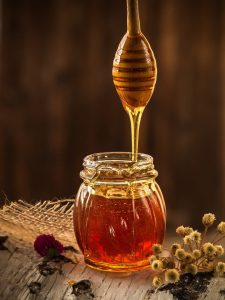 This longstanding history of Greek beekeeping continues to this day, as Greek honey-producers find success in engaging in this ancient practice.
This longstanding history of Greek beekeeping continues to this day, as Greek honey-producers find success in engaging in this ancient practice.
Located on the Greek island of Evia, a 4th generation honey farmer produces delicious Greek honey, considered a superfood worldwide.
“All countries produce good natural honey, but they are inferior to Greek honey,” notes Dimitris Papapostolou, whose great-grandfather started harvesting honey in Northern Evia more than a hundred years ago.
Today he continues the family tradition, keeping his beloved bees in a beautiful pine forest on Evia.
Pine honey has a distinctive, delicious taste that is different than flower honey, because “in the case of pine honey and fir honey the bees are fed from the microorganisms that live only on these trees and not from the actual tree,” says Papapostolou.
Greek honey is unique because of Greece’s biodiversity. The wide variety of trees and flowers found in the country makes Greece a playground for honey bees, who produce, as well as the climate that allows for the necessary microorganisms to live on these trees.
“You may find the trees anywhere in the world, but they won’t have the microorganisms necessary in order for the bees to make honey.”
Papapostolou honors his bees, stating that “without them, life wouldn’t exist on our planet.” Bees play an integral role in pollinating many plants that we rely on for food and other uses, and without them, many plants and ecosystems would be destroyed.
Climate change has impacted bee populations, which have been decreasing at an alarming rate. Scientists and bee-experts stress the importance of supporting beekeepers and buying honey, as it helps keep essential bee populations strong.
Source: Greek Reporter

